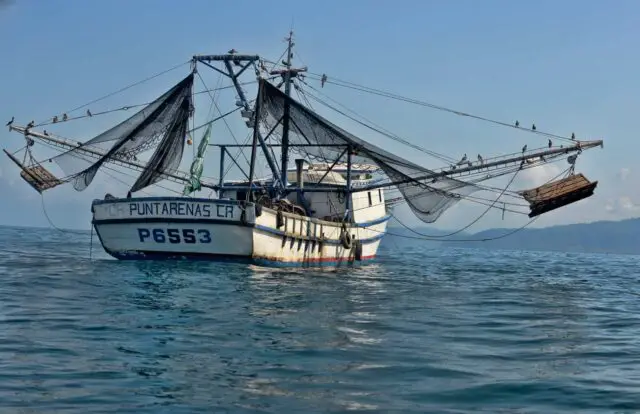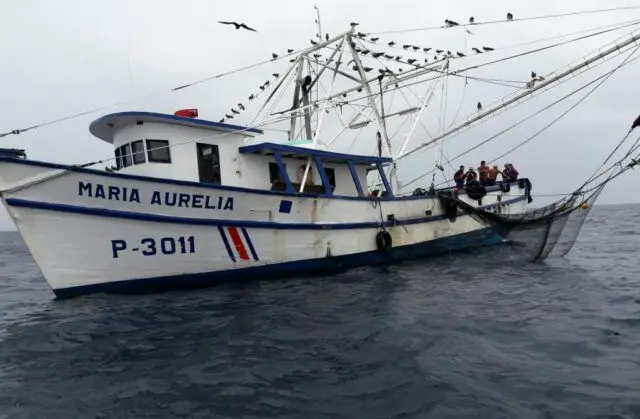
Eight deputies from four political parties on October 24th asked the President of the Republic, Carlos Alvarado Quesada, to veto the project that revives shrimp trawling in Costa Rica. “We allow ourselves to request that, within the framework of the competencies and powers that are constitutionally assigned to him, consider the interposition of a veto to legislative decree number 21,478, in attention to the environmental protection commitments that you attend and promote, even internationally” parliamentarians in an office addressed to the President.
In the letter, the signatories listed 13 reasons why the President must veto the text, which ranges from the impact of the technique on marine ecosystems, the impact on artisanal fishermen, and doubts about the technical studies to which it is conditioned
Licensing of the shrimp trawl fishery

These legislators opposed two days ago the approval of the initiative in second debate; However, their votes – and those of ten other congressmen – were insufficient to frustrate the return of this fishing method to the country, as 28 other deputies spoke out in favor of the proposal. With the endorsement of the Legislative Assembly, the plan only requires Alvarado’s signature to become law. The Political Constitution grants him the possibility of vetoing an initiative within 10 working days and preventing it from taking effect.
Just this October 23rd, the Minister of Communication, Agustín Castro Solano, said that the proposal approved by the Assembly had not then reached the Presidency of the Republic and that until now “there is no predetermined decision regarding that law or none”.
Since the approval of the initiative in Plenary, Alvarado has not made any pronouncement on the matter. During the electoral campaign, when trawling was under discussion, due to pronouncements by the Constitutional Chamber, the then Citizen Action candidate assured that he was opposed to this fishing practice.
A total of 117 organizations of artisanal fishermen, tourist chambers, and local governments on October 23rd asked the President to veto the law by an open letter, in which they ask for this action “because of the recently approved bill will not guarantee democratic sustainable development on our coasts”.
The effect of the text approved by 28 legislators would not have an immediate effect, but rather requires studies to support the activity, which must be carried out by the National Institute of Fisheries and Beekeeping (Incopesca) in the year following the entry into force of the law.
The Ministry of Environment and Energy (Minae) itself regretted the approval of the project, due to its little scientific support. Still, in its statement, the institution did not say whether it would recommend the veto.


